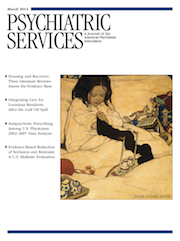Being Henry David
A teenager wakes up in Penn Station, New York City, with loss of all autobiographical memories, including his name. The only possession, besides his clothing and $10, is a torn copy of Henry David Thoreau’s Walden. Using the book as a stimulus, he adopts the name “Henry David,” which gets shortened to “Hank.” Further, because of the book, he decides to travel to Walden Pond, Massachusetts, where the bulk of the novel takes place.
Central to keeping the reader’s interests are three themes: uncovering the mystery of who Hank is, learning why he developed amnesia, and discovering who Hank is to become. In pursuing these themes, we meet other sympathetic folks who are also down on their luck. In addition, short relevant quotes from Walden are scattered throughout the book to highlight Hank’s situation at key moments.
This book about teenagers and for teenagers provides a very accurate understanding of fugue states. Onset occurs during a depression after a traumatic event. The person travels many miles before awaking. Upon awaking, the person has excellent recall of everything except his or her identity and all autobiographical information. During the fugue period, there may be situations in which the person is uncomfortable but for which there seems to be no explanation. Recovery of the memory comes in parts, not usually at once. Although there are cases in which the whole memory returns at once, these tend to occur during hypnosis, and hypnosis is not featured in this novel. In the end, the prior identity and the new, alternative identity become fused.
While many of the events in this book seem unlikely, the characterization of fugue states is quite accurate.



